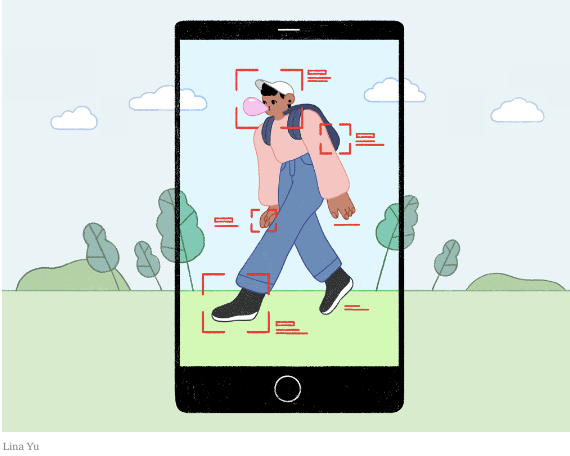This year, the media has exposed — and the government, including through guidance issued by the F.B.I. has begun to address — a string of harms to individual privacy by the technology sector’s leading firms. But policymakers must intervene specifically to protect the most precious and vulnerable people in our society: children. Their behavioral data is continuously suctioned up by technology firms through tablets, smartphones and computers and is at risk of being misused.
For many American children, going to school means handing over personal data. The Summit “personalized learning” educational tool — a platform for online lessons and assessments that was developed by a charter school network with the help of Facebook engineers and is backed by the Chan Zuckerberg Initiative — has been criticized for asking parents to consent to sharing their children’s personal data, including their names, internet activity and grades. Google has vastly expanded its reach into America’s schools as more than half of students use its Gmail and Docs apps, and a majority of mobile devices shipped to schools are Chromebooks. Should the tremendous amounts of data underlying the operation of these kinds of services get into the wrong hands, our children’s futures could be at stake.
Concerns over illegitimate sharing of and access to student data have been raised by parent groups, consumer watchdogs, and privacy advocates, many of whom have begun public awareness campaigns and legal battles. They’re rightly worried, for example, about the fairness of college admissions processes that rely on student data profiles shared by personalized learning companies. Similarly, parents are concerned about the dispensation of financial awards including scholarships that are influenced by data that children have provided in surveys. In some cases the information doesn’t include just things like grades and test scores but also covers categories like race, religion, address and whether they have “impairments” like H.I.V. or depression.




